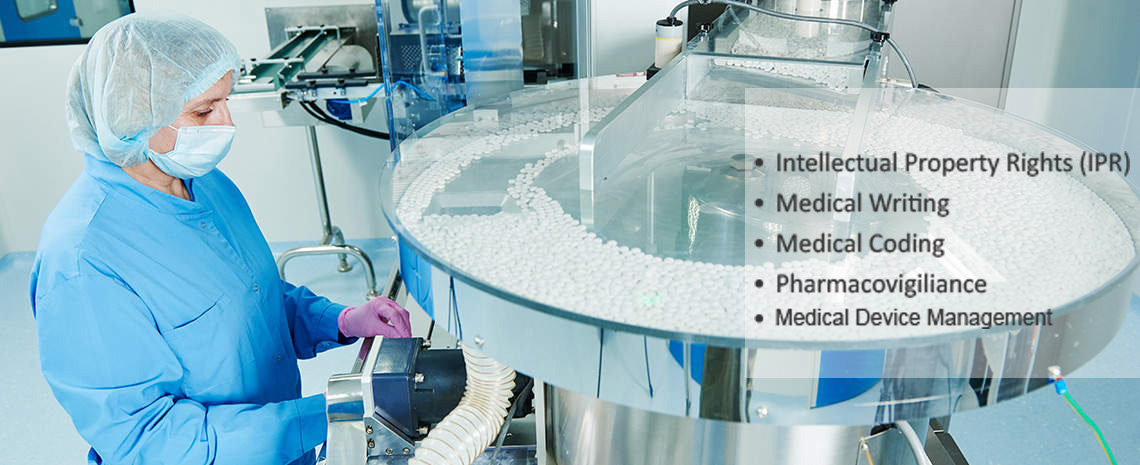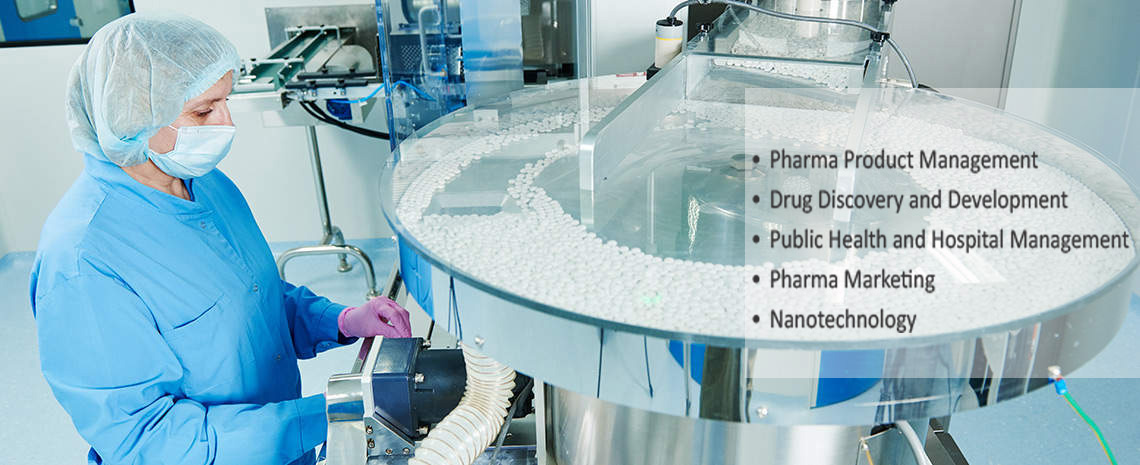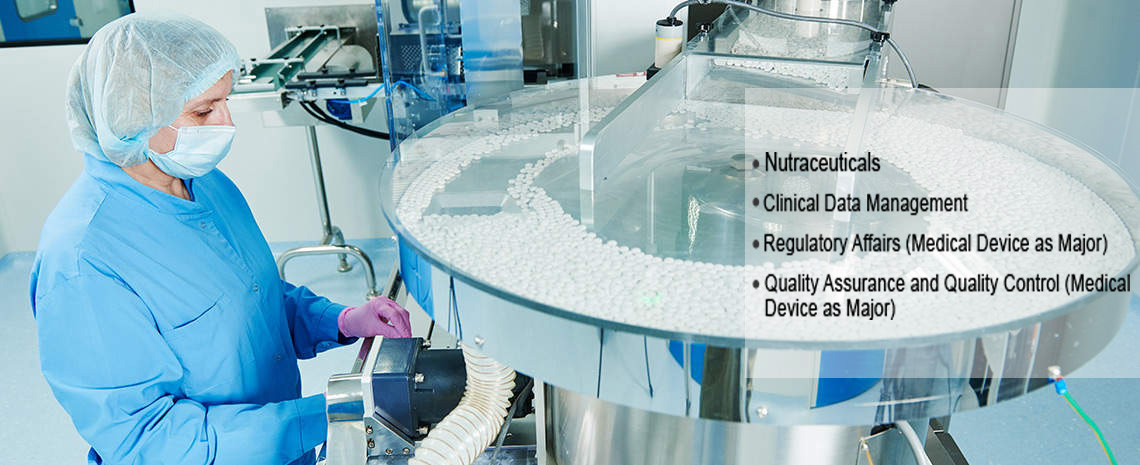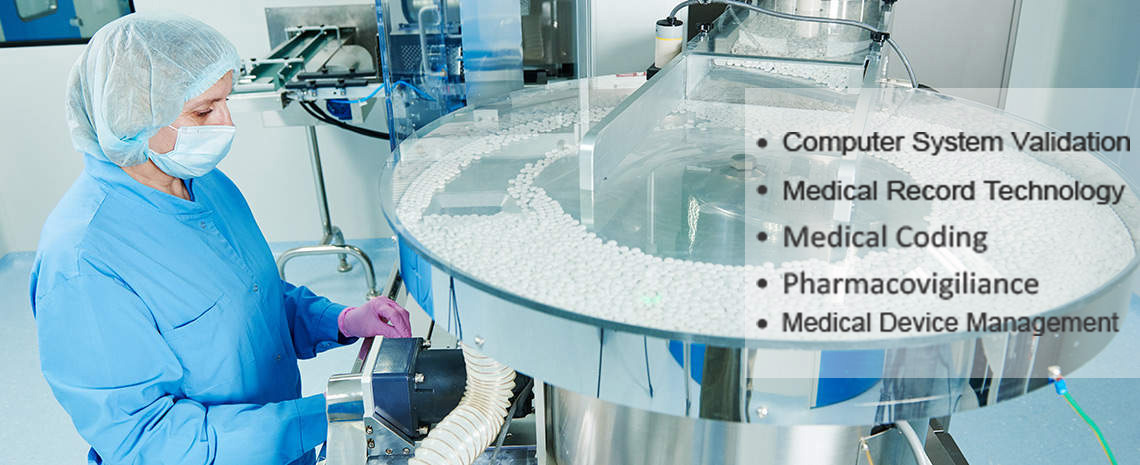

Faculty of Medical Device Management
(An Autonomous Body Recognized by Ministry of Commerce & Industry, Government of India)
Regular (Offline) & Online Modes
C-6, Qutab Institutional Area, Near Old JNU Campus, New Delhi-110016
Programmes Details (View Prospectus on following links):
Post Graduate, Executive Diploma and Professional Certificate in:
Faculty of Medical Device Management
- Medical Device Management (PGDMDM/EDMDM)
- Quality Assurance and Quality Control (Medical Device as major) (PGDQAMD/EDQAMD)
- Medical Devices Regulatory Affairs (PGDMDRA/EDMDRA/)
Professional Certification in:
- Medical Device Professional (CMDP)
- Medical Device Quality Auditor
- Medical Device Regulatory Affairs Professional
- GMP for Medical Devices Professional
- Quality Management System for Medical Devices (ISO 13485)
- Medical Devices Directive CE Marking for Europe (93/42/EEC)
- Technical Documentation (93/42/EEC)
- In Vitro Diagnostic Medical Device Directive – CE Marking for Europe (98/79/EC)
- EU IVD Medical Device Regulation
- EU Medical Devices Regulation
- Medical Laboratory System (ISO 15189:2022) Lead Auditor (5 days)
- Medical Laboratory System (ISO 15189:2022) Internal Auditor (3 days)
IGMPI is Conferred with QCI - D. L. Shah Quality Award
ASSOCHAM Services Excellence Award 2017
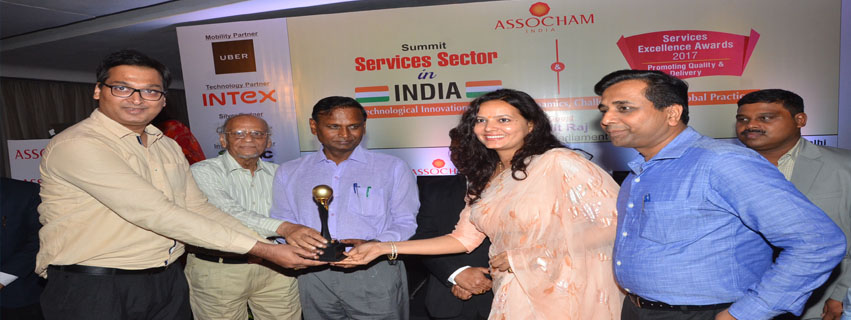

Modes available:
* Full Time Class Room Programmes
* Online mode (Online Live Classes on Sundays on all the programme modules along with hard copies of Comprehensive study resources)


